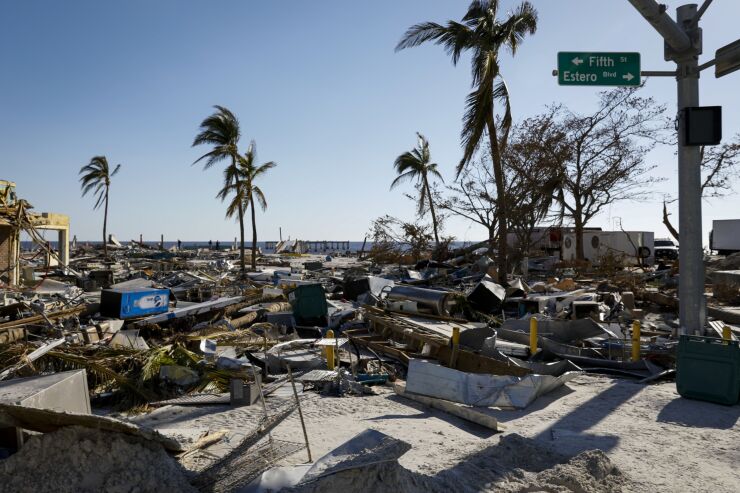The Florida insurance market continues to experience turmoil.
Here are the top three trends insurtech companies are driving that could help Florida-based agents.
1: More customized quoting tools
The Florida insurance industry is in crisis.
Some insurers plan to hike premiums by
In a rapidly changing industry landscape,
With more advanced tech, agents can deliver customized quotes faster. This year, insurtechs continue to refine quoting tools for personal lines mainstays (e.g., homeowners and auto insurance). They're also touting new quoting software for pet insurance and small business insurance.
These insurtech improvements will help Florida-based agents get real-time quotes for customers. Agents can:
- Save time conducting research. Agents can dedicate their time savings toward improving customer relationships.
- Point customers to the right carrier. In a turbulent industry climate, finding the right carrier quickly means customers can better mitigate their risk.
- Create more customers for life. Better carrier match-ups build trust, creating customers who are more satisfied and more likely to renew and return when they need additional policies.
With the right tech, agents can deliver more value more quickly.
2: Better tech-powered policy writing
For Floridians, efficient and customized policy writing is more important than ever.
The state's industry turbulence will likely lead to coverage gaps for customers. Slow underwriting can leave customers exposed – a problem after Hurricanes Nicole and Ian.
New tech will enable faster underwriting tailored to customers' needs. The underlying software works like digital quoting tools: agencies can input customers' demographics and location to automatically customize policies.
With better tech-powered policy writing:
- Agents spend less time writing policies.
- Customers experience fewer, shorter coverage gaps – and end up with more personalized coverage.
- Agencies take on less risk, which lowers loss ratios and boosts profits.
The impact? More efficient underwriting and better customer satisfaction.
3: An uptick in digitization
Digital transformation itself isn't new – it's part of a bigger trend.
With insurers pulling out of Florida and
When agencies have inefficient processes, it's harder for agents to deliver the kind of value that drives customer loyalty. That's doubly true in Florida's crisis landscape.
With more advanced






